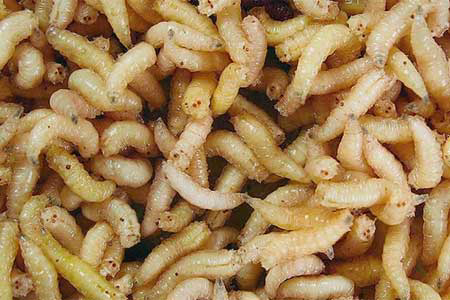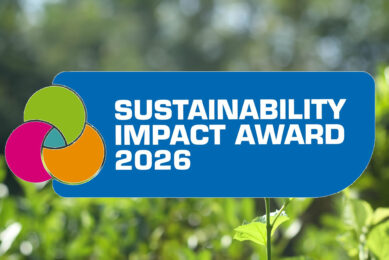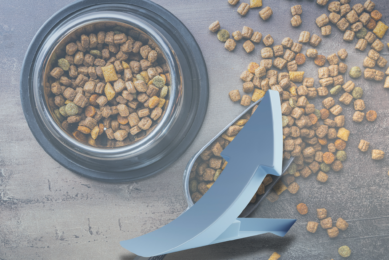New West African project on using insects for feed

A new project has kicked off to study the sustainable use of insects to improve livestock production and food security in smallholder farms in West Africa.
The project ‘Insects as feed in West Africa’ is one of the projects from the Swiss Agency for Development and Cooperation (SDC) and the Swiss National Science Foundation (SNSF), together with partners such as PROteINSECT.
The project will focus on Benin, Ghana and Burkina Faso. In these countries, smallholder poultry and fish farmers suffer from the increasing cost of feed. Many of them do not have access to feed protein sources, resulting in quantitative and qualitative feed shortages affecting production of meat, eggs and fish, and reducing family income.
A solution to develop sustainable household poultry farming and aquaculture systems is the use of untapped local, easily available and cheap protein sources such as insects. The most promising and commonly used species for feed are the house fly and the black soldier fly. Termites are another type of insects that can be used for animal feed.
The project will test whether fly larvae and termites are an economically, socially and environmentally viable source of protein for poultry and fish feed on smallholder farms in West Africa. The concrete objectives will be: To develop appropriate methods for fly larvae and termite production and utilisation in smallholder farming systems, to understand and ensure the social, economic and environmental sustainability of the proposed innovations and to validate and implement the innovations with the beneficiaries, and disseminate the project’s findings to the stakeholders, general public, scientific community and policy makers
The project will run for six years.
Have you downloaded the whitepaper on using insects for feed in Europe already?











